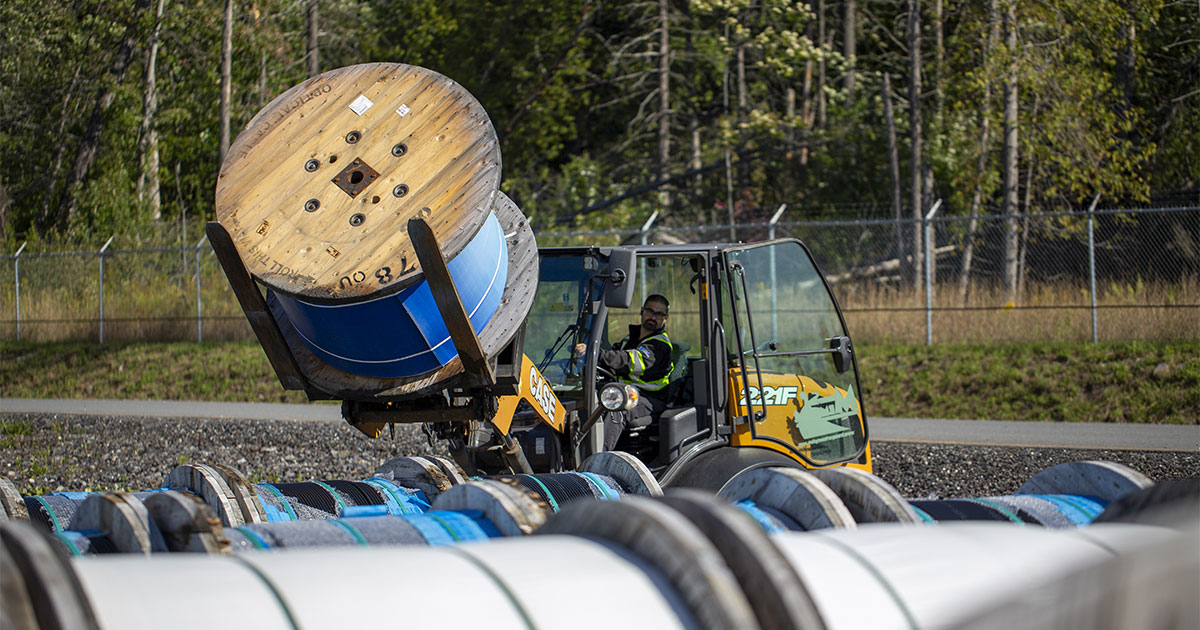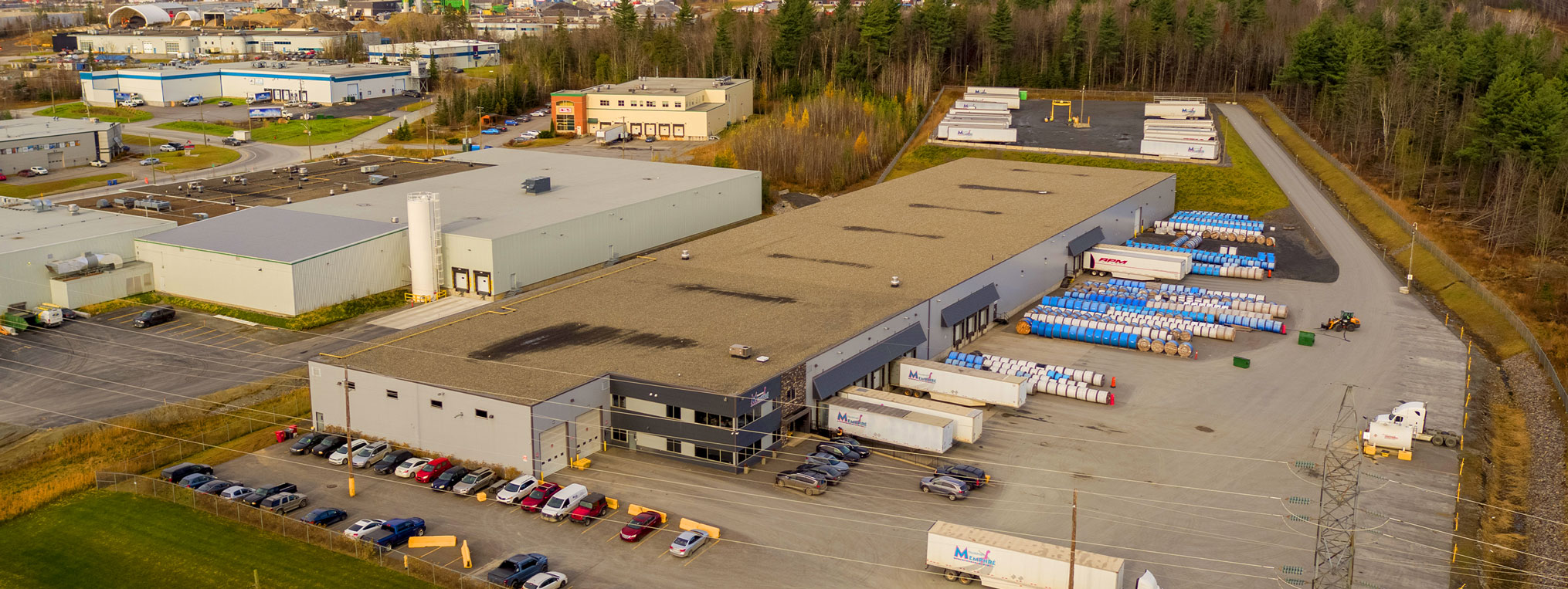
10 Apr Dispatchers: A Key Role in Transport Logistics
In the world of transport and logistics, efficiency relies on flawless organization. In this regard, dispatchers play a crucial role in ensuring that every shipment reaches its destination under optimal conditions. Acting as true conductors, they coordinate drivers, optimize routes, and manage unforeseen events in real time. Without them, transportation would be synonymous with chaos.
Route Planning and Optimization
One of the fundamental roles of dispatchers is to plan and optimize routes to ensure efficient transport while reducing fuel costs. To achieve this, they must consider several factors, including:
- Delivery deadlines
- Traffic conditions
- Regulations on driving and rest times
- Road conditions and weather
- Vehicle characteristics and the nature of transported goods
With the help of advanced technological tools such as fleet management software and real-time tracking systems, dispatchers adjust routes as needed to meet delivery deadlines despite unexpected events.
Constant Communication with Drivers
Dispatchers serve as the direct link between drivers and the company. They ensure continuous monitoring to respond to the questions and needs of both clients and drivers in real time. Their responsibilities include:
- Transmitting transport orders
- Managing unforeseen issues (breakdowns, traffic congestion, weather conditions)
- Providing support and assistance in case of problems
- Ensuring compliance with schedules and safety instructions
This trust-based relationship is essential to delivering a reliable and high-quality service. An effective dispatcher demonstrates strong listening skills and adaptability to motivate drivers and maintain a positive work environment.
Managing Emergencies and Unexpected Events
In the transport industry, unexpected events are a daily reality. A closed road, a mechanical issue, or a delay at a client’s site can disrupt an entire schedule. The dispatcher must react quickly by finding alternative solutions, reallocating resources, and keeping all stakeholders informed. Their proactive approach helps minimize negative impacts and maintain a high level of service.
When faced with complex situations, they must also handle pressure and make quick decisions while ensuring the safety of both drivers and transported goods. They need the ability to calmly manage multiple operations simultaneously.
The Importance of a Skilled Dispatcher for a Transport Company
A skilled dispatcher directly contributes to customer satisfaction by maintaining close relationships and demonstrating flexibility. Their expertise in organization, stress management, and communication is essential to ensuring smooth operations.
Additionally, they must be proficient in advanced digital tools and databases to efficiently plan routes and avoid empty trips, thereby optimizing costs and reducing the environmental impact of transport operations. A good dispatcher makes the difference between efficient transport and costly delays.
Professionals at the Heart of Operations
Being a dispatcher requires in-depth knowledge of the road network, current regulations, and the specific constraints of different types of goods. Their ability to anticipate needs and respond promptly to incidents ensures smooth operations.
In an industry where speed and reliability are crucial, dispatchers are a key link in the logistics chain. Their meticulous work optimizes operations and ensures safe and efficient transportation.
In the era of digitalization and artificial intelligence, their role is evolving, but human expertise remains irreplaceable. Investing in proper training and the right tools for dispatchers is a strategic lever for any transport company looking to stand out and improve performance.
At Memphré, no fewer than three dispatchers work daily across Ontario, Quebec, and the Maritime Provinces to ensure that every delivery reaches its destination on time, maximizing profitability for our partners.

